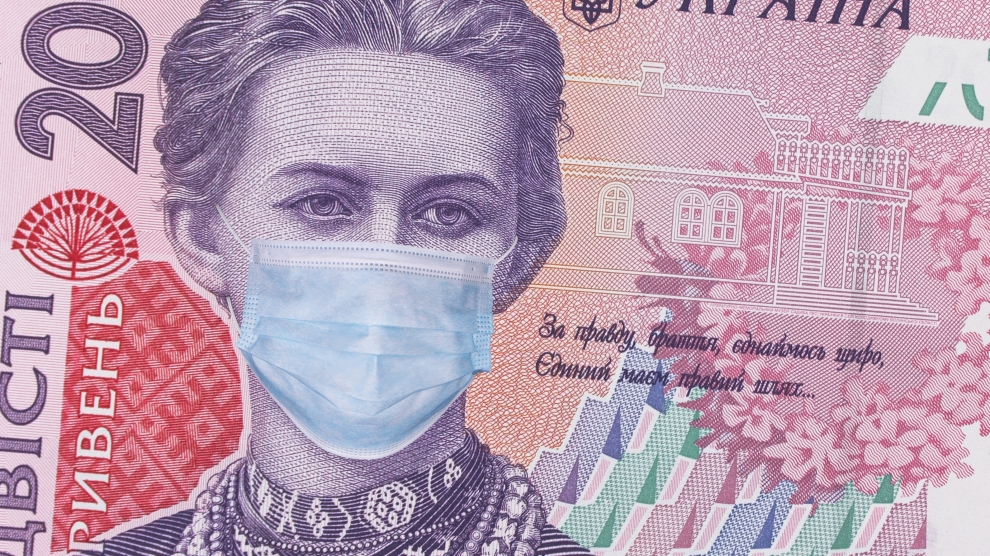The European Commission has signed a deal with Ukraine to provide 1.2 billion euros in macro-financial assistance (MFA) to help the country respond to the Covid-19 health crisis and mitigate the socio-economic impact of the pandemic. It is part of a wider MFA package, worth three billion euros, that the Commission has proposed for 10 enlargement and neighbourhood partners to help them limit the economic fallout of the coronavirus pandemic. MFA funds will be made available in the form of long-term loans on highly favourable terms.
Valdis Dombrovskis, executive vice-president of the European Commission and responsible for Ukraine, said: “In our response to the crisis, we are looking also beyond our borders to lend a hand to our neighbourhood countries. We are supporting Ukraine with a new macro-financial assistance programme of 1.2 billion euros. This also shows our continued support to Ukraine’s reform agenda. We will continue our strong engagement to support the reform orientation and strategic path that Ukraine has chosen to follow.”
Paolo Gentiloni Commissioner for Economy, added: “The EU stands by Ukraine and its people in these difficult times. The agreement we have signed today gives Ukraine access to 1.2 billion euros of macro-financial assistance. It also shows Ukraine’s renewed commitment to reforms. This will help Ukraine to face the economic challenges caused by the coronavirus pandemic.”
Under the terms of the deal, Ukraine and the EU have agreed on the policy actions to which Ukraine commits in order to receive the assistance. Specifically, it includes eight policy conditions related to strengthening public finance management, governance and rule of law, competition in the gas market, improving the business climate and governance of state-owned enterprises. The assistance programme will be available for a period of 12 months.
Aside from the specific policy measures laid down in the agreement, Ukraine will also have to keep its International Monetary Fund (IMF) programme on track.
Ukraine’s new central bank governor, Kyrylo Shevchenko, met IMF officials earlier this week and promised to fulfill on time all commitments made under the country’s programme, worth five billion US dollars.
At the meeting, Mr Shevchenko also said he “deeply respected” the need to keep the central bank independent.
Mr Shevchenko was appointed last week after his predecessor quit, complaining of political pressure, which prompted a warning from Kristalina Georgieva, IMF managing director, that the fund’s continued support was contingent on continued reforms and safeguarding the central bank’s stewardship of monetary policy and financial stability.
The EU has now reiterated that warning, making it clear commitment of Ukraine to central bank independence is an essential precondition for the macro-financial assistance.
—
Unlike many news and information platforms, Emerging Europe is free to read, and always will be. There is no paywall here. We are independent, not affiliated with nor representing any political party or business organisation. We want the very best for emerging Europe, nothing more, nothing less. Your support will help us continue to spread the word about this amazing region.
You can contribute here. Thank you.









[…] Source link […]